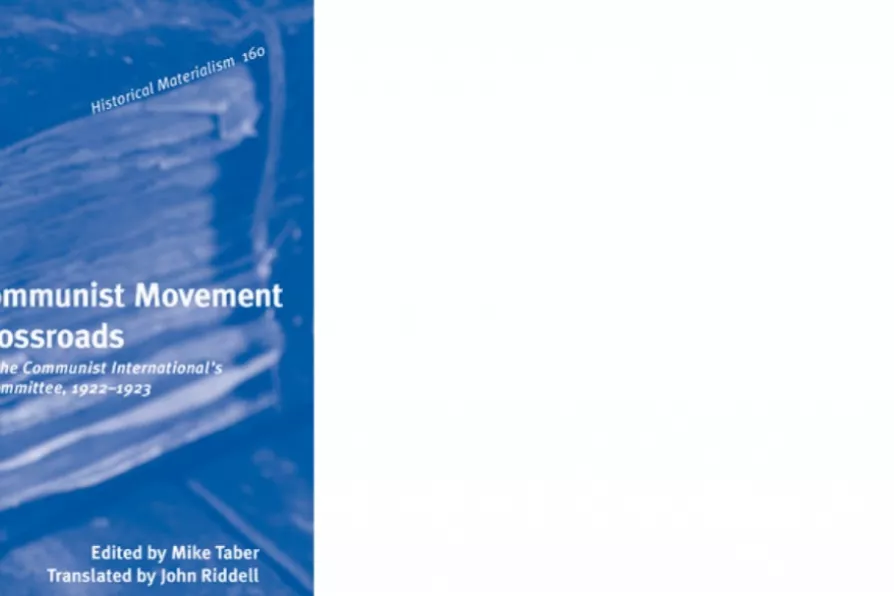RITA DI SANTO draws attention to a new film that features Ken Loach and Jeremy Corbyn, and their personal experience of media misrepresentation


The Communist Movement at a Crossroads: Plenums of the Communist International’s Executive Committee, 1922-1923
Edited by Mike Taber
(Brill, £194)
“UNITY is strength” has been a watchword of the broad labour movement from its very inception. But political organisations of the socialist and communist left have often failed to translate this into practice and this book documents a fascinating period in the history of the early Communist International when the strategy of the United Front took centre stage.
The period in question, 1922-23, represented an ebb in the post-1917 revolutionary tide and the partial stabilisation of capitalism after WWI. Yet it was also a period of sharp imperialist rivalry as the division of the spoils of war created friction between the British and French. The Ottoman Empire fell, leaving Paris and London to carve up its non-Turkish territory in the Middle East. A century later, we are still living through its impact in Palestine and Syria.

Corbyn and Sultana’s ‘Your Party’ represents the first attempt at mass socialist organisation since the CPGB’s formation in 1921, argues DYLAN MURPHY

The creative imagination is a weapon against barbarism, writes KENNY COYLE, who is a keynote speaker at the Manifesto Press conference, Art in the Age of Degenerative Capitalism, tomorrow at the Marx Memorial Library & Workers School in London












